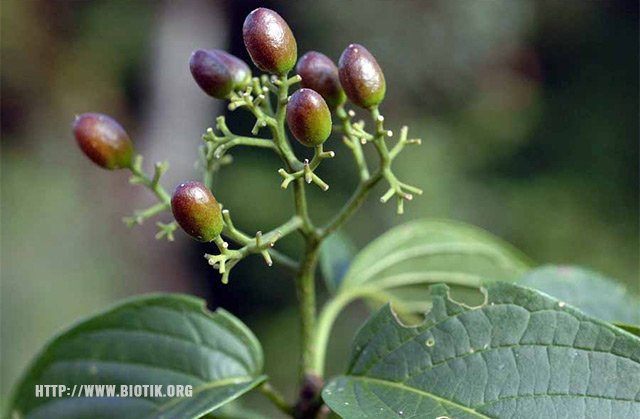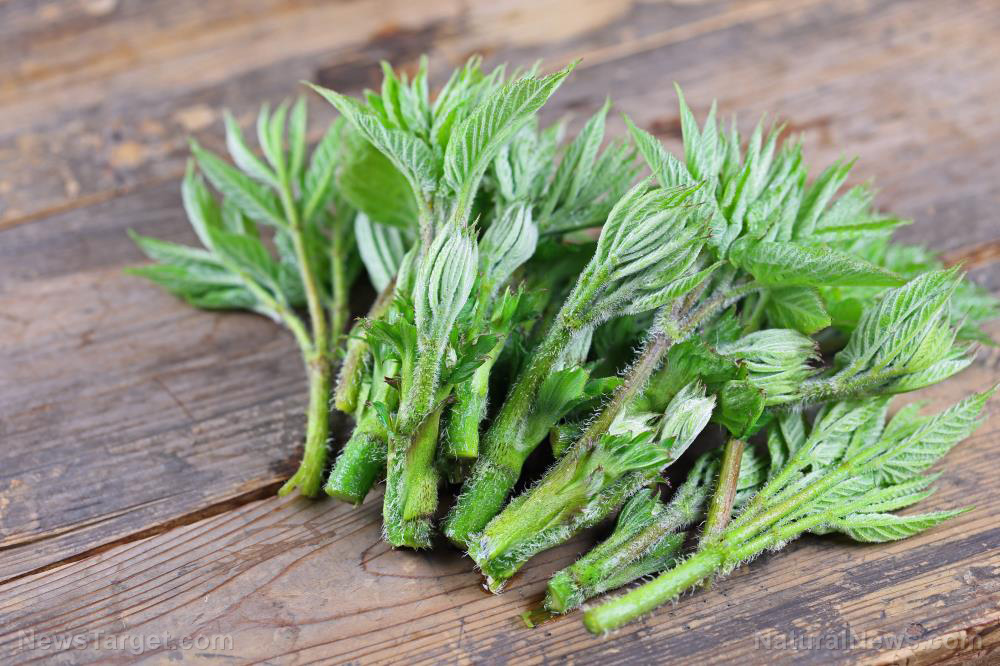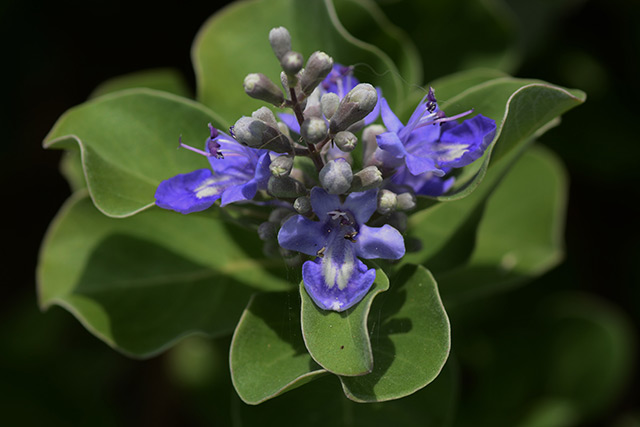Not just for eating: The 5 health benefits of manuka honey superfood
05/05/2019 / By Zoey Sky

Honey is a popular superfood because it’s nutritious and it also offers various health benefits. But did you know that manuka honey, which is native to New Zealand, also has many unique health benefits and uses?
What is manuka honey?
According to Will Cole, a functional medicine expert, manuka honey has a higher nutritional content compared to regular raw honey. The honey is produced by bees that pollinate the flowers of the manuka bush (Leptospermum scoparium).
Native to New Zealand, manuka honey is a newer addition to the medicinal scene. The manuka plant’s incredible antibacterial properties weren’t identified and studied until the 1980s.
Raw honey‘s reputation as a medicinal aid is mostly due to its antimicrobial activity, which comes from its hydrogen peroxide content. However, manuka honey contains additional compounds, such as methylglyoxal (MGO) and dihydroxyacetone (DHA), that make it even more beneficial for both internal and topical use. These special compounds come from the nectar of the manuka flower.
Below are some of manuka honey’s scientifically proven health benefits.
It improves skin health.
Manuka honey can boost the production of collagen, which then increases skin elasticity. The superfood also reduces dark spots. Manuka honey acts as an anti-inflammatory, so it can improve inflammatory skin conditions like acne and rosacea.
Manuka honey has humectant properties, meaning it can attract water to the surface of the skin and deliver hydration to the deeper layers. Applying the honey topically helps your skin retain moisture.
To make a simple face mask, spread a tablespoon of Manuka honey over your clean face. Avoid your eyes and leave the honey on for 20 minutes. Rinse with warm water, then pat your face dry and apply moisturizer or facial oil.
For a face mask with additional skin-brightening and acne-fighting benefits, add a pinch of turmeric to manuka honey before applying. Turmeric has anti-inflammatory qualities, and it can target your pores and calm your skin. The spice is also known to reduce scarring.
Before applying it to your face, test the turmeric-honey mixture on your forearm by applying a dime-sized amount and wait for 24 to 48 hours to see if you have allergic reactions. Don’t use turmeric on your skin if you’re allergic to the spice when it’s added to food.
It heals wounds and skin infections.
A powerful antibiotic, manuka honey may address skin infections that are often considered untreatable, like methicillin-resistant Staphylococcus aureus (MRSA). To date, there are no reports of microbial resistance to honey. Manuka honey has been shown to attack infections that have formed a biofilm, a stage that was initially believed to make infections untreatable.
According to a study, applying honey to diabetic foot ulcers helped heal 43.3 percent of ulcers completely.
Apply a dab of manuka honey directly on small, manageable cuts and scrapes before using a bandage. Consult a healthcare professional before applying honey on larger wounds.
It can make you fall asleep faster.
Add a teaspoon of manuka honey to a cup of herbal tea and drink it at night if you have trouble falling asleep. The honey is full of an amino acid called tryptophan.
Tryptophan triggers the production of serotonin, a neurotransmitter that helps you relax. Serotonin acts as a precursor to the production of melatonin, the crucial hormone that regulates sleep.
It can relieve a sore throat and cough.
Manuka honey is often used to ease a sore throat because of its antibacterial, antifungal, and antiviral properties. It also has a thick, viscous texture that coats and soothes the throat, which helps destroy any harmful bacteria.
Additionally, manuka honey can prevent coughs from making you lose sleep at night. In a study, researchers found that taking manuka honey before bed improved sleep conditions for both children and adults suffering from upper respiratory conditions.
If you have a cough or sore throat, swallow one tablespoon of manuka honey straight-up and let it coat your throat. You can also add manuka honey to ginger tea for added anti-inflammatory benefits.
It promotes gut health.
In animal studies, manuka honey’s high antioxidant content treated gastric ulcers and inflammatory bowel disease.
Manuka honey also has antimicrobial properties that help fight pathogens in the gut. Data from two different lab studies suggested that both Clostridium difficile (C. diff) and Helicobacter pylori (H. pylori) were susceptible to manuka honey’s antibacterial properties. (Related: Manuka honey may be the future of antibacterial superbug medicine.)
Manuka honey also has oligosaccharides, a certain type of sugar with a prebiotic effect. Oligosaccharides promote the proliferation of “good” gut bacteria.
If you have honey or bee allergies, avoid manuka honey since it can trigger an allergic reaction. If you have diabetes, consult a physician before adding manuka honey to your diet.
Always buy manuka honey from trusted sources so you can reap its many health benefits. It’s safe to add manuka honey to your diet but use it moderately to manage your sugar intake.
Sources include:
Tagged Under: alternative medicine, botanicals, food cures, food is medicine, honey, manuka honey, natural antibiotics, natural cures, natural medicine, natural remedies, organics, prevention, remedies


















